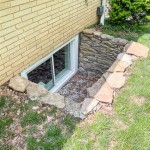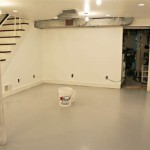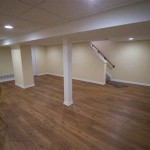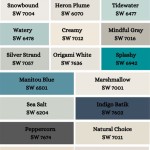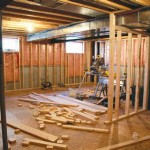Essential Aspects of Choosing the Right Dehumidifier Size for Your Basement
In the humid confines of your basement, a dehumidifier can be the key to a more comfortable and healthier environment. But with a wide range of models available, determining the appropriate size for your space can be a daunting task. To help you make an informed decision, let's delve into the crucial factors that influence the optimal size of a dehumidifier for your basement.
1. Basement Size and Configuration
The most basic consideration is the area you need to dehumidify. Measure the square footage of your basement, taking into account any irregularly shaped areas or obstructions. Remember to include crawl spaces or other enclosed areas that contribute to the overall humidity level.
2. Basement Height
Basements with high ceilings require more powerful dehumidifiers to effectively circulate and dehumidify the air. Multiply the length and width of your basement by the height to calculate the cubic footage. This measurement will help you determine the dehumidifier's capacity, measured in pints per day.
3. Humidity Levels
The target humidity range for a basement is typically between 40% and 60%, depending on your personal preferences and the presence of moisture-sensitive items. If your basement experiences extreme humidity levels (above 65%), consider a larger capacity dehumidifier.
4. Insulation and Airflow
Well-insulated basements with limited airflow require less dehumidifying power. Conversely, poorly insulated or poorly ventilated basements may benefit from a more powerful dehumidifier to compensate for moisture infiltration and stagnant air.
5. Number of Occupants
The number of people spending time in the basement can influence the humidity level. Each person releases moisture through breathing, cooking, and other activities, increasing the dehumidifier's workload.
6. Water Removal Capacity
The dehumidifier's capacity, measured in pints per day (PPD), indicates the amount of water it can remove from the air within 24 hours. For a typical basement, a capacity of 30-40 PPD should suffice. However, for larger or more humid basements, a higher capacity is recommended.
7. Energy Efficiency
Dehumidifiers can be energy-intensive appliances. Look for models with an Energy Star rating, which indicates they meet specific energy efficiency standards. This can save you money on utility bills in the long run.
8. Continuous Drainage
Some dehumidifiers require manual emptying of the water reservoir, while others feature a continuous drainage option. If uninterrupted operation is crucial, opt for a model with continuous drainage to prevent interruptions.
9. Noise Level
Dehumidifiers can produce noise during operation. Consider the noise level of the unit, especially if you plan to use it in a frequently occupied area. Some models offer a whisper-quiet mode for reduced noise pollution.
10. Additional Features
Depending on your specific needs, you may want to consider additional features such as:
- Adjustable humidity settings
- Automatic shut-off when the desired humidity level is reached
- Built-in humidistat for precise humidity control
- Portability for easy use in multiple areas
Conclusion
Choosing the right size dehumidifier for your basement requires careful consideration of multiple factors. By assessing your basement's size, configuration, humidity levels, and usage patterns, you can determine the ideal capacity and features to effectively control moisture and create a more comfortable and healthy living environment.

What Size Dehumidifier Do You Need Reviewed

Dehumidifier Sizing Guide What Size Do You Need Hvac Training Shop

What Size Dehumidifier Do I Need Chart

How To Choose The Size Of A Dehumidifier 10 Steps With S

What Capacity Dehumidifier Do I Need

Ge 50 Pt Dehumidifier With Built In Pump For Basement Garage Or Wet Rooms Up To 4500 Sq Ft Grey Energy Star Apel50lz The Home

145 Pints Commercial Dehumidifier With Pump And Drain Hose For Crawlsp

How To Choose The Size Of A Dehumidifier 10 Steps With S

How To Size A Dehumidifier

What Is The Best Basement Dehumidifier Reviews
See Also

